Introduction
ChatGPT is the buzz of today! From students to professionals to your grandparents… everyone is using it! ChatGPT, powered by OpenAI GPT-3.5 and GPT-4 (paid subscription) language models, offers a wide range of applications and benefits that make it valuable. However, there are a variety of concerns when using it that must be addressed. Let’s review them!
ChatGPT opportunities and challenges
Chat GPT has the potential to positively disrupt and improve the way we work in so many ways (see some examples below). However, as with any tool, it comes with both opportunities and challenges. The primary challenges that come with using ChatGPT in your business relate to maintaining the security & privacy of your data.
Blogs and Training:
You can use ChatGPT to generate various types of content including articles, blogs, product descriptions. It can be a virtual tutor, providing explanations, answers to various subjects, learning new topics. It helps improve the quality of your writing by offering suggestions for grammar, style, and structure. https://www.hostinger.in/tutorials/chatgpt-for-blogging
Create schedules:
It can help create schedules and assist in creating tasks by extracting information from documents or forms. https://www.getclockwise.com/blog/chatgpt-meeting-scheduler
Brainstorming Ideas:
ChatGPT can assist with brainstorming ideas, whether you’re looking for creative concepts, business strategies, or solutions to problems. https://www.w3schools.com/gen_ai/chatgpt-4/chatgpt-4_brainstorming.php
AI prompt for customers:
Businesses can use ChatGPT to enhance customer support by providing quick and accurate responses to customer inquiries, gather insights, opinions from users, helping with market research and product development. https://faqprime.com/en/ai-prompts-for-customer-support-how-chatgpt-can-improve-your-service-free-templates/
Debugging and developing code:
During the early stages of software development, you can use ChatGPT to quickly prototype conversational interfaces and interactions to develop code and use debugging tools. https://rollbar.com/blog/how-to-debug-code-using-chatgpt/
Predicting questions:
Chat GPT can do predictive analysis and predict questions based on previous chat history for that topic. https://unstop.com/blog/predictive-analytics-using-chat-gpt
Understanding of context:
ChatGPT at times can have challenges understanding context. This depends heavily on the data it is trained with and how your prompt it. It generates responses based on patterns it learns during training, which can sometimes result in irrelevant or incorrect answers.
Exposure of private/sensitive data from training set:
Chat GPT while creating schedules can expose internal and private tasks which causes security breach.
Inappropriate Content:
There’s a risk that ChatGPT might generate inappropriate or offensive content, even if it’s unintentional.
Verification from external sources not possible:
ChatGPT doesn’t have the ability to fact-check or verify information from external sources, so responses based on open-ended prompts should be verified independently which can lead to exposure to malicious data.
Exposure of private/sensitive data from prompts:
Sharing sensitive or personal information in conversations with ChatGPT could pose privacy risks, as the data could potentially be retained and used by OpenAI for model training and research purposes.
Misuse of impersonation:
ChatGPT can generate content in a variety of writing styles, including mimicking the writing of specific individuals, which raises concerns about misuse for impersonation.
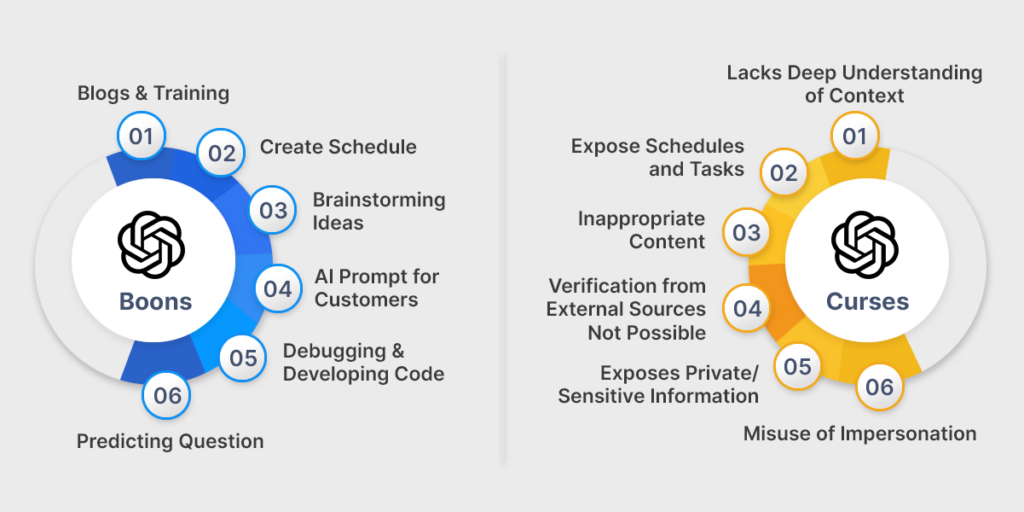
Open AI reserves the right to use prompts and other information fed to its public ChatGPT service to further train and refine its models. Because of this, without further consideration, the
Fortunately, there are some ways to mitigate this risk so that you can still take advantage of the many opportunities ChatGPT provides! Read on for options of how to best achieve this balance.
Private GPT: How to use ChatGPT with privacy controls in place
Option 1: Using ChatGPT Enterprise
ChatGPT Enterprise is a subscription-based plan that provides enterprise-grade security and privacy while offering unlimited access to GPT-4 at higher speeds. This makes it an ideal choice for organizations looking to harness the power of a cutting-edge AI assistant to handle various tasks efficiently. https://openai.com/enterprise
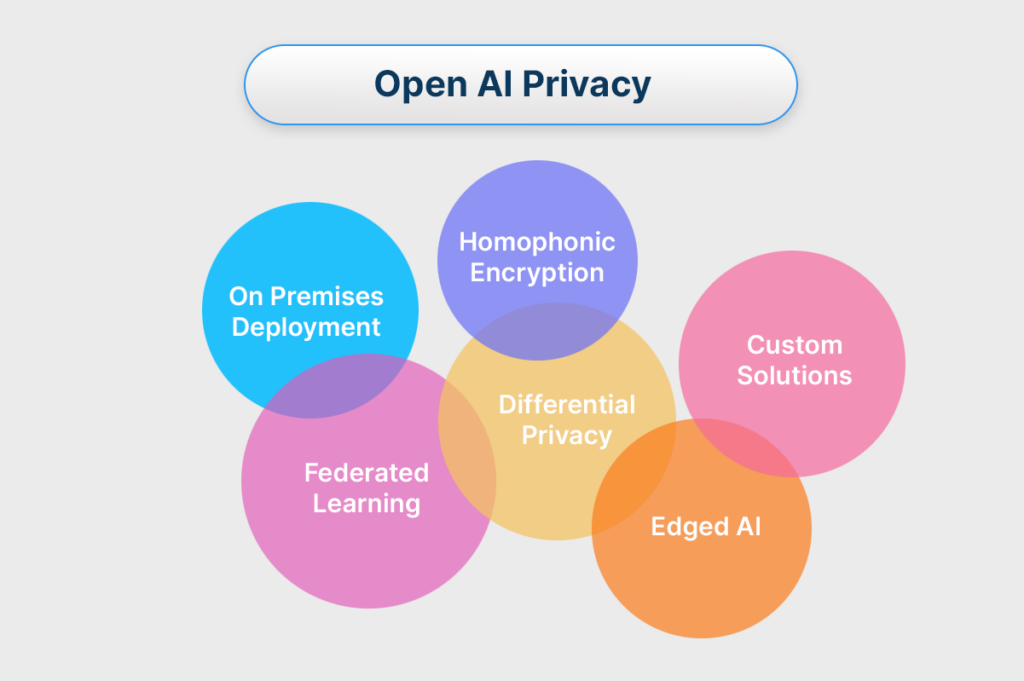
Enterprise-grade security
ChatGPT Enterprise includes access to robust security foundations, including enterprise-grade security and privacy features, without compromising your company’s vital information. https://www.theverge.com/2023/8/28/23849453/openai-chatgpt-enterprise-grade-version
Data Encryption:
It employs advanced data encryption techniques like the industry-standard AES encryption algorithm to safeguard company data both in transit and at rest.
Furthermore, with the enterprise version, companies own and control the data used and the GPT model will not learn from the company’s site usage. https://en.wikipedia.org/wiki/Advanced_Encryption_Standard
SOC 2 compliance:
This version of ChatGPT is SOC 2 compliant. SOC 2 is an industry-recognized framework, designed to ensure that service providers manage and secure customers’ data efficiently. https://sprinto.com/blog/soc-2-framework/
Admin console:
This enables you to control employee access, integrate single sign-on, perform domain verification, and more.
This level of control ensures that your company can effectively harness the power of ChatGPT, while also maintaining data security and user management. https://medium.com/@itsaithomas/chatgpt-enterprise-for-businesses-is-here-all-features-how-to-access-it-61c697cd1836
Option 2: Using Azure AI to maintain privacy
Azure AI services are primarily cloud-based which means they run on Microsoft Azure’s cloud infrastructure. You can also have Azure AI service on-prem as well. Azure offers various options and features to enhance privacy and security when using AI services.
You can take these steps to ensure the privacy and security of your data and AI workloads:
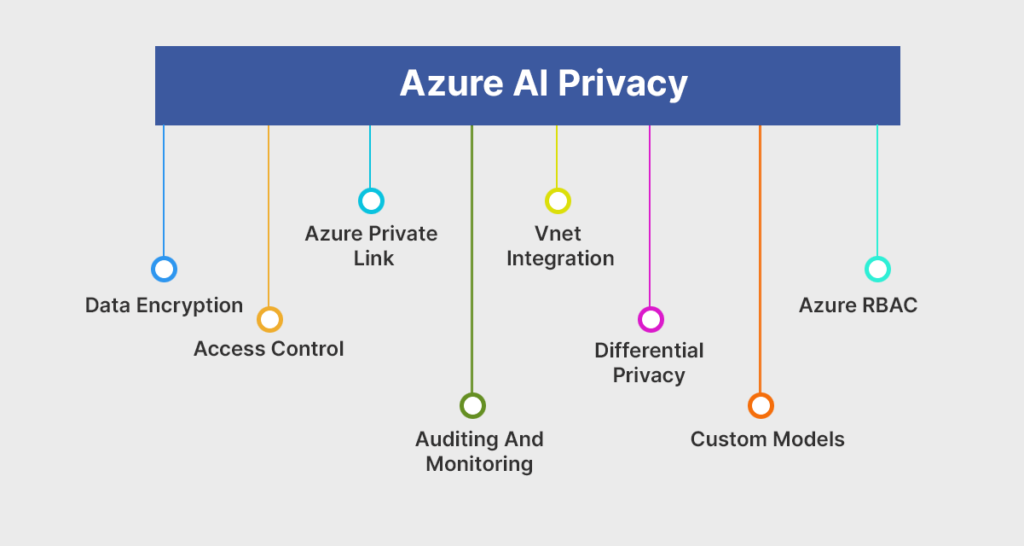
Data Encryption:
Ensure that data sent to and from Azure AI services is encrypted in transit and at rest. Azure provides encryption capabilities for data storage and communication. https://learn.microsoft.com/en-us/azure/ai-services/openai/encrypt-data-at-rest
Azure Private Link:
Use Azure Private Link to keep network traffic between your Azure resources & Azure AI services within the Microsoft network backbone, reducing exposure to the public internet. https://azure.microsoft.com/en-in/products/private-link#:~:text=Previous%20Next-,a,their%20data%20simply%20and%20securely.%22
VNet Integration:
If you have specific network requirements, you can integrate your Azure AI services with Virtual Networks (VNets) to create a more private network environment. https://learn.microsoft.com/en-us/azure/machine-learning/how-to-network-security-overview?view=azureml-api-2
Audit & Monitoring:
Robust monitoring and auditing of AI service to detect, respond to security incidents. https://learn.microsoft.com/en-us/azure/security/fundamentals/log-audit
Azure Role-Based Access Control (Azure RBAC):
It is a robust authorization system that provides fine-grained access management for Azure resources. It allows you to control who can perform specific actions (such as read, write, delete) on Azure resources and services within your Azure subscriptions. Azure RBAC is a fundamental component of Azure’s identity and access management capabilities. https://learn.microsoft.com/en-us/azure/role-based-access-control/overview
Custom Models:
If you are concerned about data privacy, you can train custom machine learning models using your own data on Azure Machine Learning. This allows you to keep your training data within your control. https://learn.microsoft.com/en-us/azure/ai-services/document-intelligence/how-to-guides/build-a-custom-model?view=doc-intel-3.1.0
Differential Privacy:
Consider techniques like differential privacy during data preprocessing and analysis to protect individual privacy. https://blogs.microsoft.com/ai-for-business/differential-privacy/
How we are using Azure AI to maintain privacy in our Intranet
Knowledge Center Bots:
Using Azure AI, we have created a variety of chatbots in our intranet, targeted for specific use cases and audiences, which are trained on different relevant data sources to support specific needs. For example: Sales and Practice Leadership have a bot trained on all sales contracts and pre-sales assets to help answer questions about competing on future opportunities.
Below is a generic example of an intranet bot answering questions based on provided intranet documents. The data the model is trained on was thoroughly reviewed for accuracy in permissions to ensure privacy and security for each logged-in user using the bot.
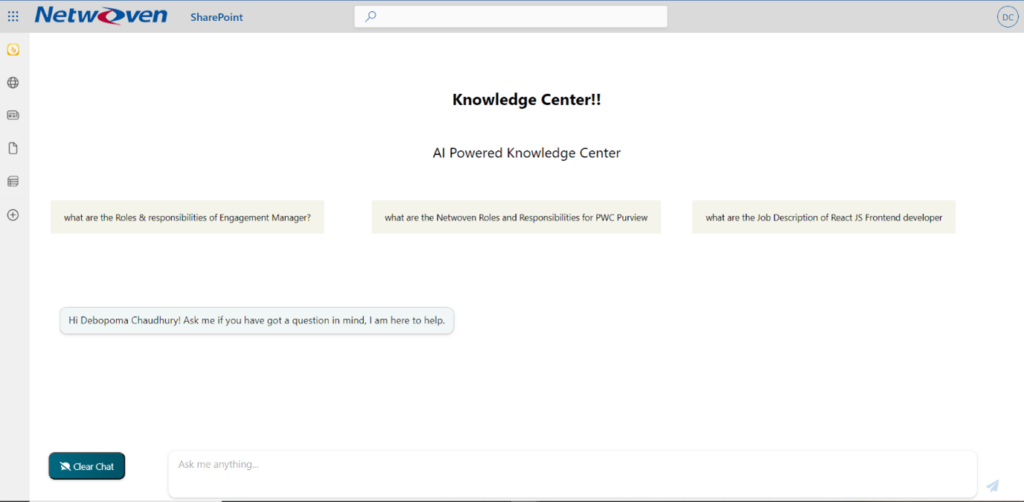
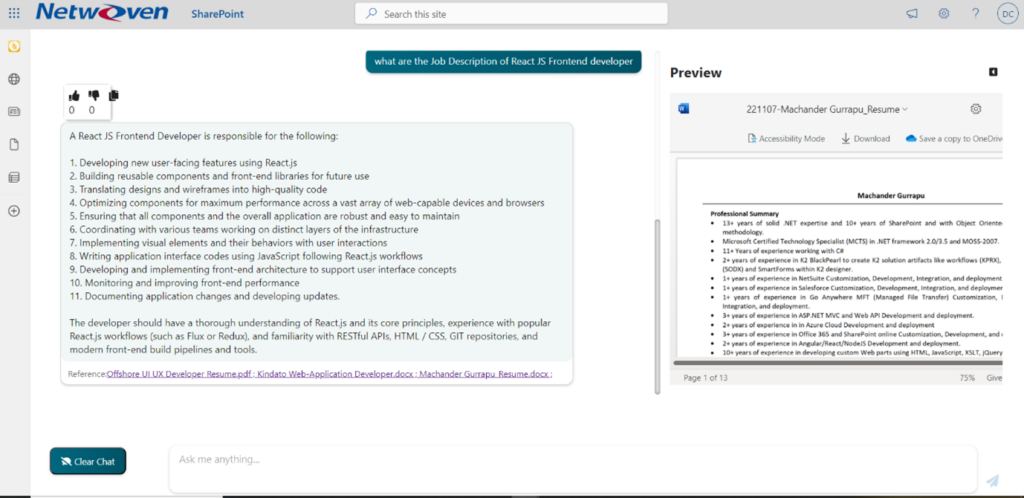
Holiday finder:
Using Azure AI, we have also created a custom holiday finder giving you the holidays that your company provides in different zones, and cities. So, your data is private to your company and no one else has access to it.
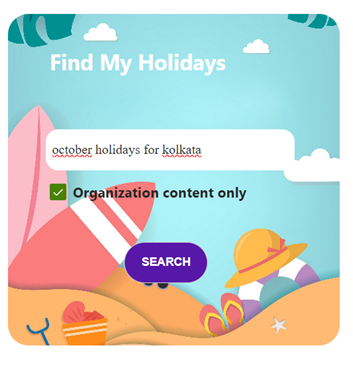
Conclusion
So, what have we really got here? Even though Chat GPT is widely being used extensively across all domains still PRIVACY and SECURITY of data are two big concerns here. Therefore, Private GPT is really the goal. Hence for enterprise-level usage of AI it is best to opt for Azure AI or Chat GPT Enterprise to build your controls/web parts for your intranet to maintain data security and integrity.

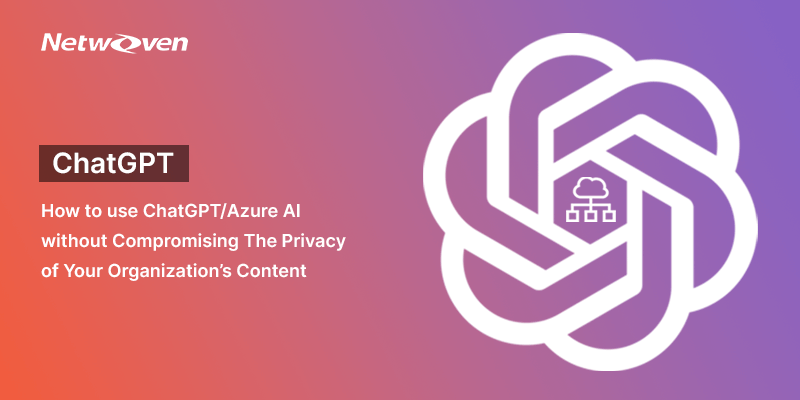
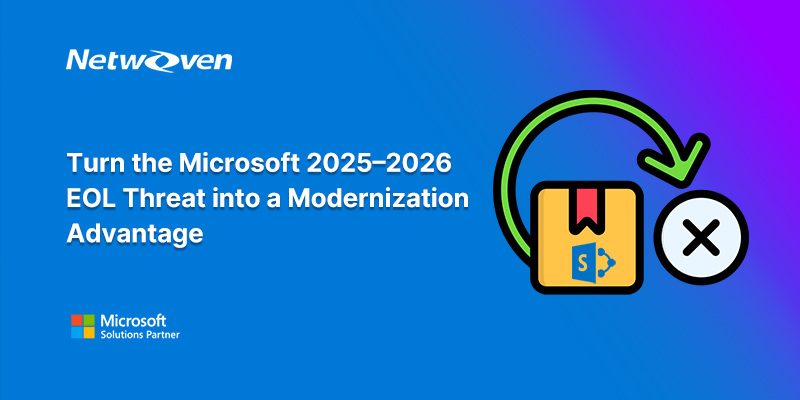





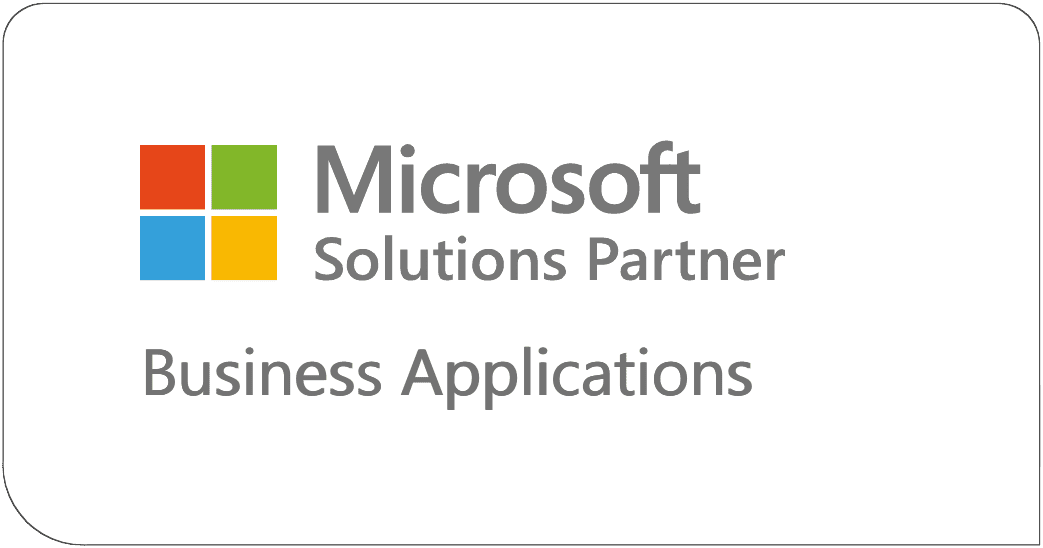
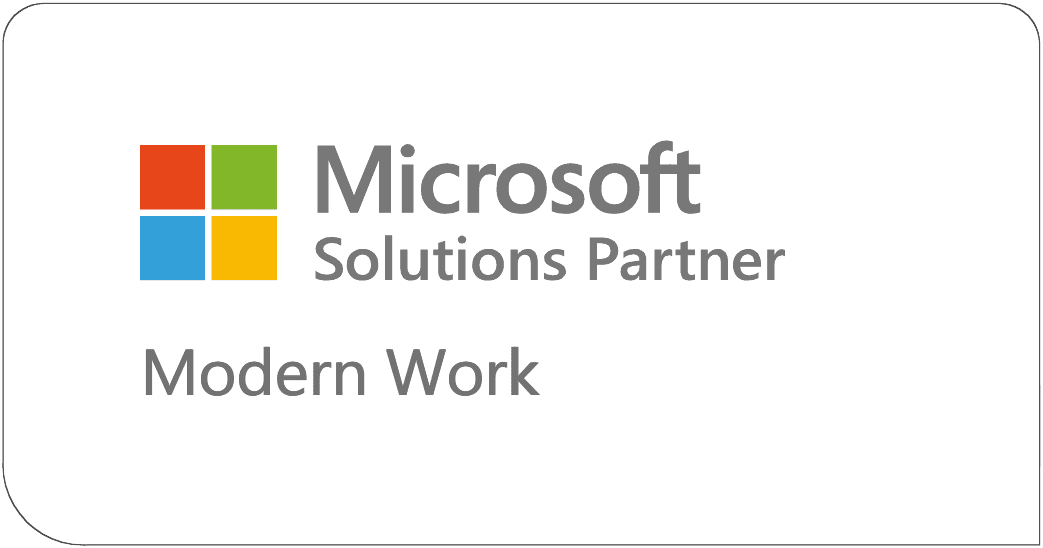


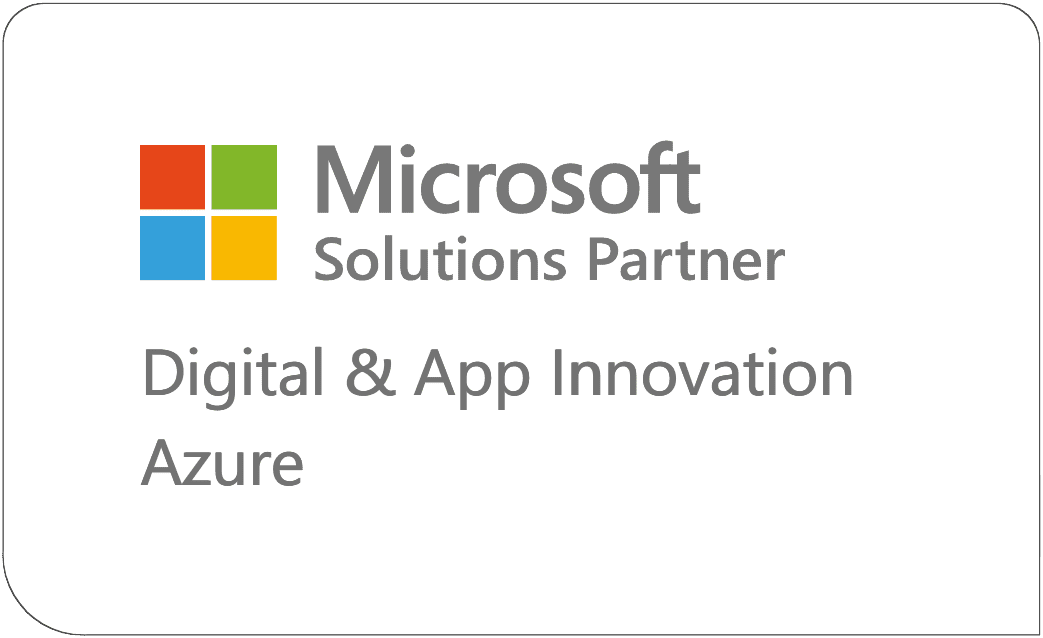
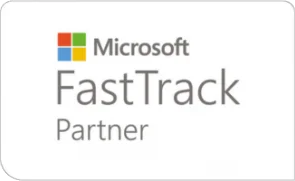

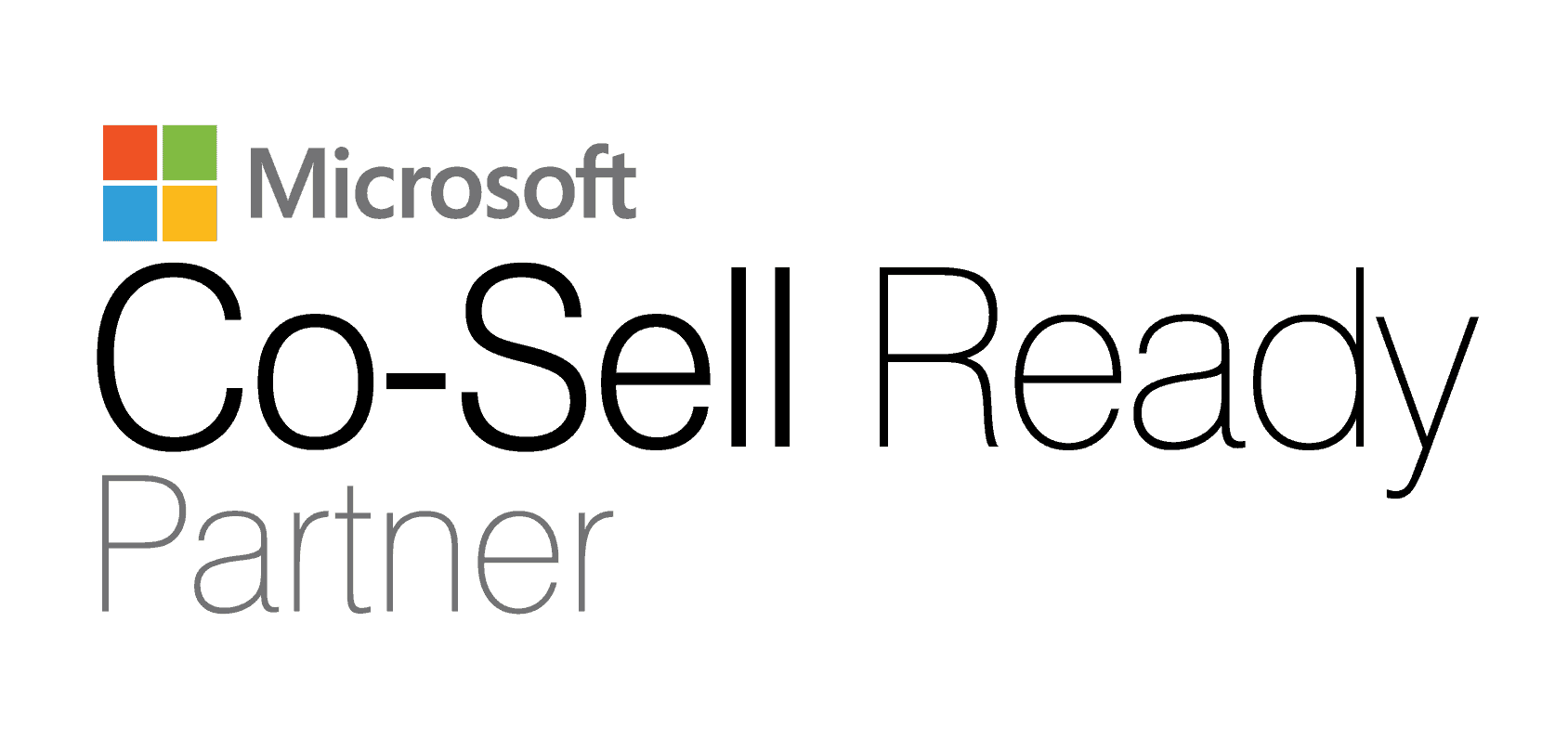







Im looking for private chatgpt for our company